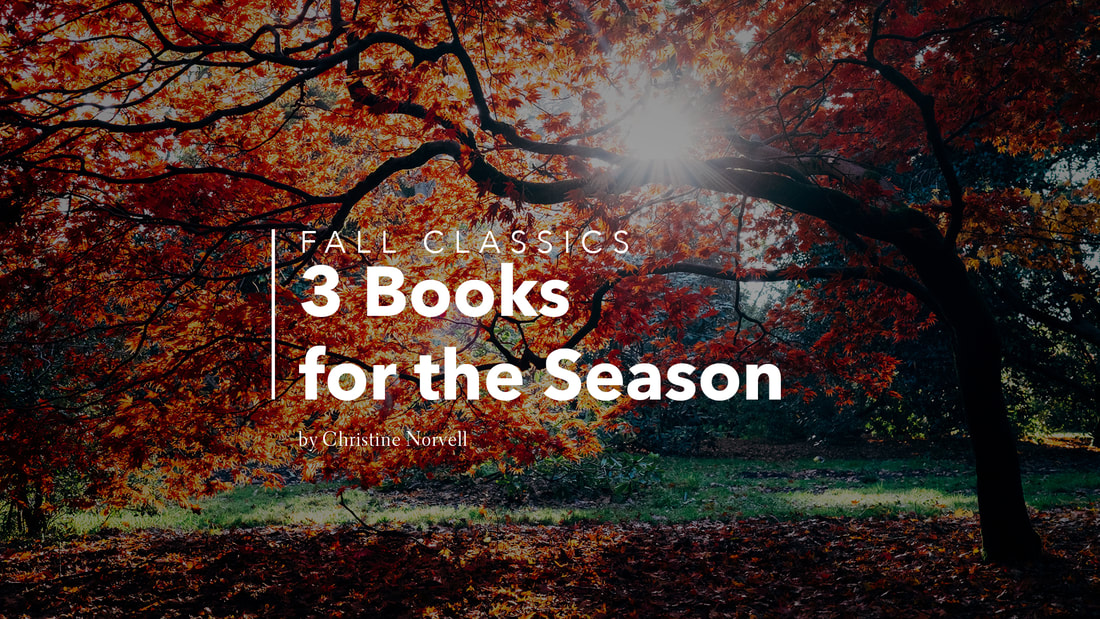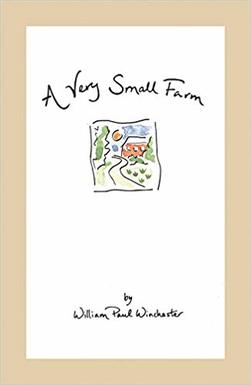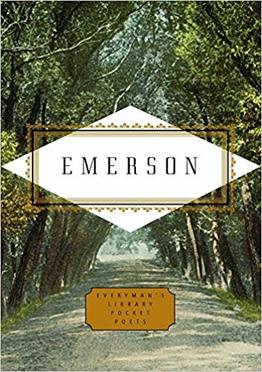 CELEBRATE ALL FOUR SEASONS with memoir, poetry, and short stories In the vein of Thoreau and Walden Pond, William Paul Winchester recounts his life on twenty acres in rural Oklahoma as simple and poetic. Nothing is diminutive. Embrace each blade of grass, the cow Isabel, the harvester ant, the sycamore, and the relics of the Dutchman's property. As he labored to build a house on a century-old foundation and strove to live off of the land, Winchester fully details the intricacy of each season with simplicity. Consider a summer scene—“Lightning bugs and glow worms, their bioluminescence dependent on phosphorus, were drawn to my twenty acres in such numbers that walking out on a still summer evening is like passing through the center of a meteor shower.” Winchester's memoir is just as much a commentary on contentment as it is a call to perspective. He writes, “To live in the country in a house I built for myself, with meaningful work and a margin of leisure, free to create a little universe of my own making—this was my idea of happiness.” You don’t have to be a Transcendentalist to enjoy Emerson’s delightful observations of “Earth-song.” Choose a season, and Emerson will regale you. From the “burling, dozing humble-bee” to his odes on Nature, his rambles and travels through the seasons are equally detailed in appreciation: Announced by all the trumpets of the sky, I leave you with the words of our final author, Washington Irving, and his commentary on the passing of seasons in “Christmas” from his Sketchbook-- We derive a great portion of our pleasures from the mere beauties of Nature. Our feelings sally forth and dissipate themselves over the sunny landscape, and we ‘live abroad and everywhere.’ The song of the bird, the murmur of the stream, the breathing fragrance of spring, the soft voluptuousness of summer, the golden pomp of autumn; earth with its mantle of refreshing green, and heaven with its deep delicious blue and its cloudy magnificence, all fill us with mute but exquisite delight . . . But in the depth of winter, when Nature lies despoiled of every charm, and wrapped in her shroud of sheeted snow, we turn our gratifications to moral sources.” Comments are closed.
|



 RSS Feed
RSS Feed